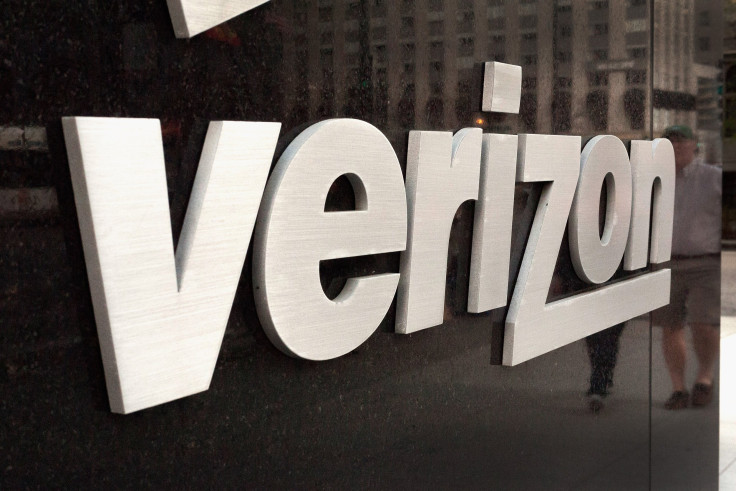Why Verizon And Disney Decided To Play Nice After All

Last week, shares of both Disney (NYSE:DIS) and Verizon (NYSE:VZ) slumped after the two companies warned a stalled contract negotiation could mean a blackout of key channels for around 4.5 million Verizon Fios TV subscribers.
More specifically, the entertainment giant and the telecom juggernaut were having trouble coming to terms on their carrier agreement. Set to expire on Dec. 31, 2018, that agreement gave Verizon the rights to broadcast Disney-owned networks including its namesake channels, ESPN, Freeform, various regional ABC affiliates, and the upcoming launch of ESPN's new ACC Network in August 2019.
This article originally appeared in the Motley Fool.
Fortunately for everyone involved, the two companies formally played nice on late Sunday, issuing a joint statement that they had "reached a broad-based distribution agreement" and promising details "in the coming days."
No guarantees
Those specific details have yet to arrive. But to be clear, there were no guarantees Disney and Verizon would see eye to eye. According to the American Television Alliance, cable and satellite companies endured 137 similar blackouts in 2018.
And neither company was complimentary of the other in the days leading up to the expiration. On one hand, Disney aired advertisements on its networks reading, "Don't lose your shows," and suggesting viewers contact Verizon to complain. Disney also issued a separate statement insisting its "proven history of providing extraordinary value to consumers and distributors is unmatched," adding it was "optimistic" a new deal could be reached.
Verizon, on the other hand, promptly responded by pointing out Disney wanted "hundreds of millions of dollars more for its programming, despite the fact that many of its key networks are experiencing declining viewership."
"The rising cost of programming is the biggest factor in higher TV bills and we are standing up to networks like Disney, refusing to accept these huge increases," Verizon added.
A win-win
So how did Disney and Verizon ultimately find common ground?
For one, Verizon is already working to stem Fios TV subscriber losses -- it lost 63,000 Fios Video connections last quarter alone, blaming "ongoing shifts away from linear video offerings." We can also be fairly sure losing the rights to broadcast Disney's admittedly popular channel lineup -- particularly ahead of a slew of college football bowl games on New Year's Day and the NFL playoffs starting this week -- would only serve to accelerate that exodus.
Meanwhile, we can be equally positive Disney would rather not lose an obviously lucrative contract and the millions of eyes that come along with it.
But it seems Disney may have gotten the better end of the deal. According to sources speaking with Bloomberg, Disney was able to secure price increases for its services with the multiyear renewal. Still, it's unlikely specific financial details will be released -- though investors may receive hints of the gravity of the change when both companies report quarterly results in the coming weeks.
In any case, Fios TV viewers can rest easy knowing some of their favorite channels won't go dark anytime soon.
Steve Symington has no position in any of the stocks mentioned. The Motley Fool owns shares of and recommends Walt Disney. The Motley Fool recommends Verizon Communications. The Motley Fool has a disclosure policy.




















